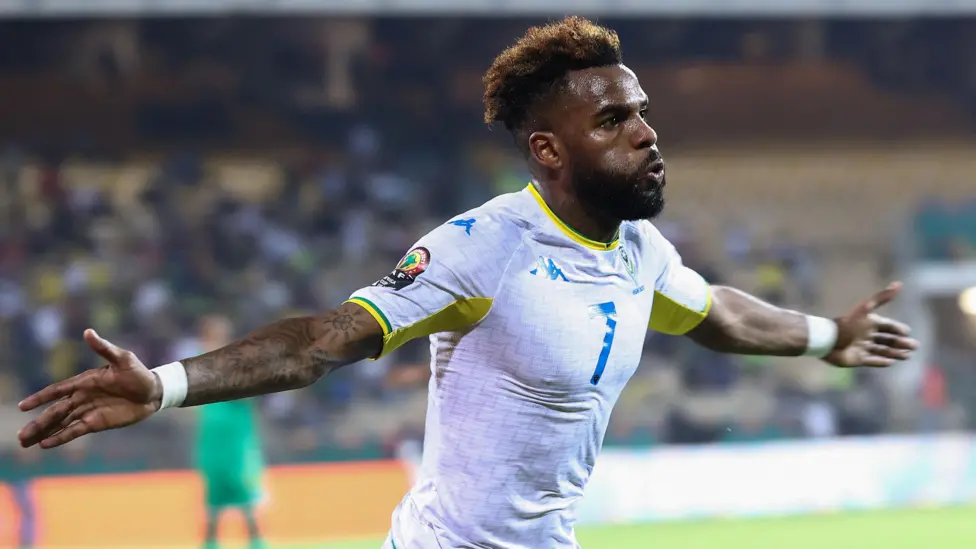The sudden and tragic death of Gabonese footballer Aaron Boupendza sent shockwaves through the Chinese football community and sparked outrage amongst fans over the decision by his club, Zhejiang FC, to proceed with a scheduled match just hours after the incident. Boupendza, a 28-year-old striker, died on Wednesday afternoon after falling from the 11th floor of a building in Hangzhou, the city where his club is based. While Hangzhou police ruled out foul play after a thorough investigation involving interviews and video footage review, confirming that efforts to revive him at the hospital failed, the club’s decision to play their Chinese Super League match against Meizhou Hakka that same evening drew widespread criticism and disbelief.
Fans expressed their anger and grief on social media platforms like Weibo and WeChat, questioning the insensitivity of playing the game so soon after such a devastating loss. Many argued that the match should have been postponed as a mark of respect for the deceased player. The somber atmosphere at the stadium reflected the emotional weight of the situation. Zhejiang’s foreign players chose not to participate, while fans paid tribute to Boupendza by chanting his name, holding up his shirt, and illuminating the stadium with their phone torches. The post-match scenes further underscored the raw emotion, with players and staff engaging in a collective act of mourning with the fans.
Zhejiang captain Cheng Jin, visibly shaken, struggled to address the media during the post-match interview, expressing his inability to articulate his feelings under the circumstances. Similarly, head coach Raul Caneda Perez declined to discuss the game, emphasizing that football was irrelevant in the context of such a tragedy. The club later released a statement confirming their cooperation with the authorities in the investigation and offering condolences to Boupendza’s family.
The incident sparked broader conversations about player welfare and the appropriate response to such tragedies within the sporting world. The Chinese Football Association (CFA), while expressing their condolences, also highlighted the importance of foreign players in the development of Chinese football and pledged to prioritize the physical and mental health of all players. This statement signifies a potential shift towards a more comprehensive approach to player well-being, going beyond the physical aspects to encompass mental and emotional support.
Beyond the immediate repercussions within the Chinese league, the news of Boupendza’s death resonated deeply in his home country of Gabon. The Gabonese Football Association described him as a “great striker” who had brought honor to their nation. The president-elect, Brice Oligui Nguema, also expressed his condolences, acknowledging Boupendza’s talent and contribution to Gabonese football. These tributes underscore the impact Boupendza had on his nation and the profound sense of loss felt across Gabon.
The incident raises several crucial questions. Was the decision to proceed with the match a reflection of a lack of empathy and respect for the deceased player? Or was it a consequence of logistical complexities and league regulations that made postponement difficult? Regardless of the reasons, the backlash highlights the need for clearer protocols and guidelines for handling such situations within the sporting world. It emphasizes the importance of prioritizing human compassion and respect over rigid adherence to schedules. Furthermore, it underscores the need for support systems within clubs to help players and staff cope with grief and trauma.
The outpouring of grief and anger from fans following Aaron Boupendza’s death reflects the deep emotional connection between players and their supporters. It also highlights the power of sport to unite people in times of both celebration and sorrow. While the match went ahead, the focus remained firmly on the tragic loss of a talented young player. The incident serves as a stark reminder of the human element in sport and the importance of prioritizing compassion and respect in the face of such tragedies. It also compels a critical examination of the existing structures and protocols within sporting organizations to ensure they are adequately equipped to handle similar situations with greater sensitivity and empathy in the future.














